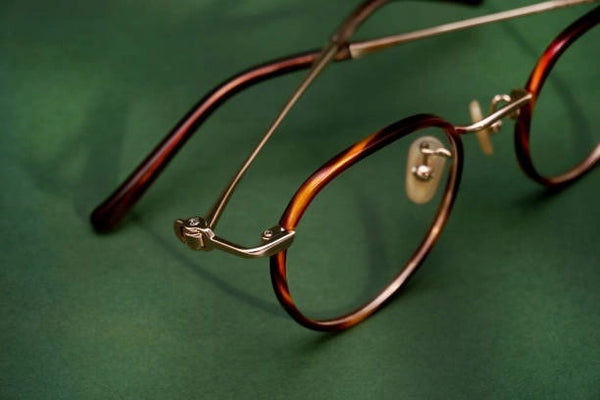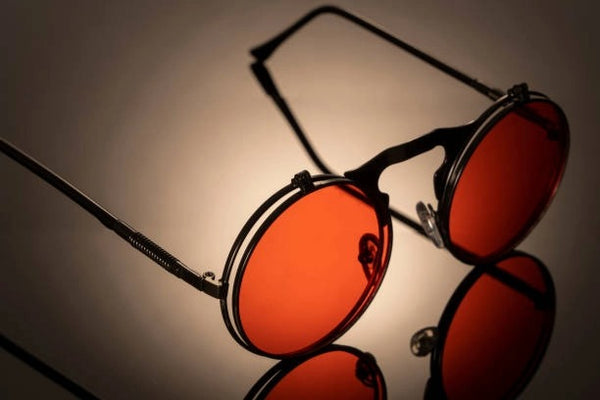When it comes to eyewear design, material selection plays a vital role in comfort, durability, and style. One emerging material that has gained popularity in the eyewear industry is β-titanium metal. In this article, we will explore the features and benefits of β-titanium metal, helping you understand why opting for frames made with this material is a wise choice.
Understanding β-Titanium Metal
Originally discovered in Cornwall, England, titanium metal was primarily used in the aerospace and marine industries due to its lightweight, high strength, corrosion resistance, temperature resistance, and non-magnetic properties. However, the refining process was challenging until DuPont developed the magnesium reduction method in 1938, enabling mass production of titanium metal products for everyday use.
Today, the prominent titanium alloy is β-titanium, also known as elastic titanium. This advanced alloy material incorporates titanium and other metal elements. With its lightweight, flexibility, and superior corrosion resistance compared to traditional steel and plastic, β-titanium metal finds applications in aerospace, medical devices, and eyewear industries.

Advantages of β-Titanium
- Exceptional Elasticity: β-Titanium boasts several times more elasticity than traditional titanium, allowing frames to recover better from external forces and significantly reducing the risk of damage from drops or impacts.
- Lightweight and Comfortable: With lower density than traditional titanium, β-Titanium frames are lighter, reducing pressure on the nose and ears, and enhancing overall wearing comfort.
- Corrosion Resistance: Inheriting the excellent corrosion resistance of titanium, β-Titanium effectively withstands sweat, cosmetics, and daily chemicals, ensuring long-lasting frame novelty.
- High Plasticity: Compared to other eyewear materials, β-Titanium is highly malleable, making it easier to shape into diverse and intricate designs that cater to individual preferences.
- Skin-Friendly: Like all titanium materials, β-Titanium is hypoallergenic, rarely causing allergic reactions. This makes it suitable for prolonged wear, particularly for individuals with sensitive skin.
β-Titanium vs. Pure Titanium
The primary distinction between β-titanium metal and pure titanium lies in their composition and physical properties. Pure titanium is 100% titanium and is typically labeled as "100% TITANIUM" or "PURE TITANIUM" on the temples or lenses. On the other hand, β-Titanium is an alloy of titanium and other metals, identified as "Beta Titanium" or "Beta-Titanium," with variations in labeling among manufacturers.
While pure titanium is also lightweight and corrosion-resistant, β-Titanium outperforms it in terms of elasticity, strength, and wear resistance. Additionally, β-Titanium offers better machinability, enabling more intricate and detailed frame designs.

Summary
β-Titanium metal frames have become the preferred choice for eyewear users seeking lightweight and comfortable, highly durable, intricately designed, and adjustable options. Opting for β-Titanium frames not only takes care of your eyes but also reflects a pursuit of quality of life. Whether you prioritize fashion trends or prioritize comfort and durability, NextPair's β-Titanium frames are an excellent option to consider.